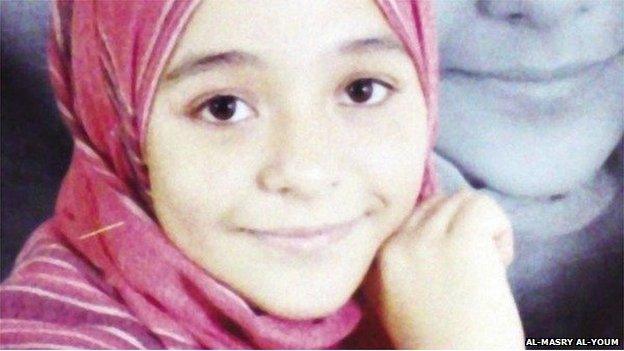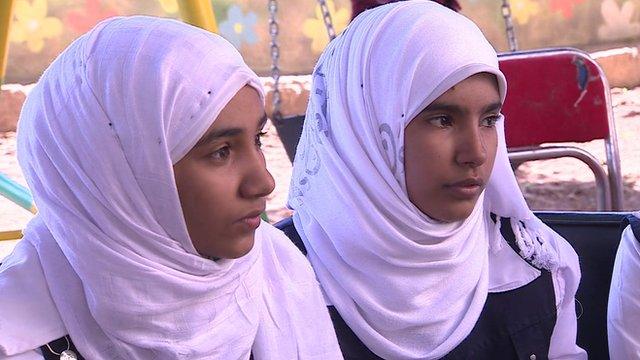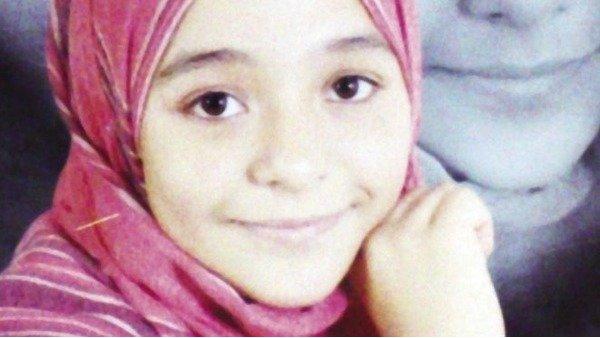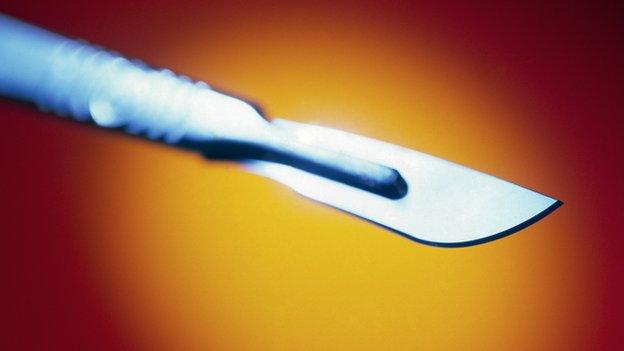Egypt's first convicted FGM doctor Fadl loses licence
- Published

Suhair al-Bataa died after undergoing surgery in 2013
A court in Egypt has finally revoked the licence of a doctor found guilty last year of the manslaughter of a 13-year-old girl who died after an illegal female genital mutilation procedure.
Raslan Fadl was Egypt's first doctor to be convicted of performing FGM, even though the still widespread practice was officially banned in 2008.
His two-year prison sentence was hailed as a major victory by campaigners.
But recent reports said Fadl had not been jailed and was still practising.
Despite the ban, more than 90% of girls and women aged between 15 and 59 in the country have undergone the procedure in recent years, according to UN estimates.
'Small step'
Fadl was convicted in January 2015 on charges relating to the 2013 death of Suhair al-Bataa, who was from a small farming community on the outskirts of the Nile Delta city of Mansoura.
During the trial prosecutors argued that she had been forced to undergo FGM by her father.
Fadl denied carrying out the procedure, saying he had only treated her for warts and that her death had been caused by an allergic reaction to penicillin.
Both he and Suhair's father were cleared of any wrongdoing at their initial trial. But prosecutors appealed against the verdict and it was overturned in November 2015.
Fadl's clinic was ordered to close for a year.
Suhair's father was meanwhile given a three-month suspended sentence.
The revoking of Fadl's licence will be seen as a small step forward in the anti-FGM campaign, the BBC's Sebastian Usher says.
He adds this comes just days after the Egyptian health ministry set up an initiative, called Doctors against FGM, aimed at encouraging all medical professionals to stop the practice.
Typically FGM is carried out on girls aged between nine and 13 - but there are victims as young as six, anti-FGM campaigners say.
- Published26 January 2015

- Published23 October 2014

- Published12 May 2014

- Published22 July 2014
